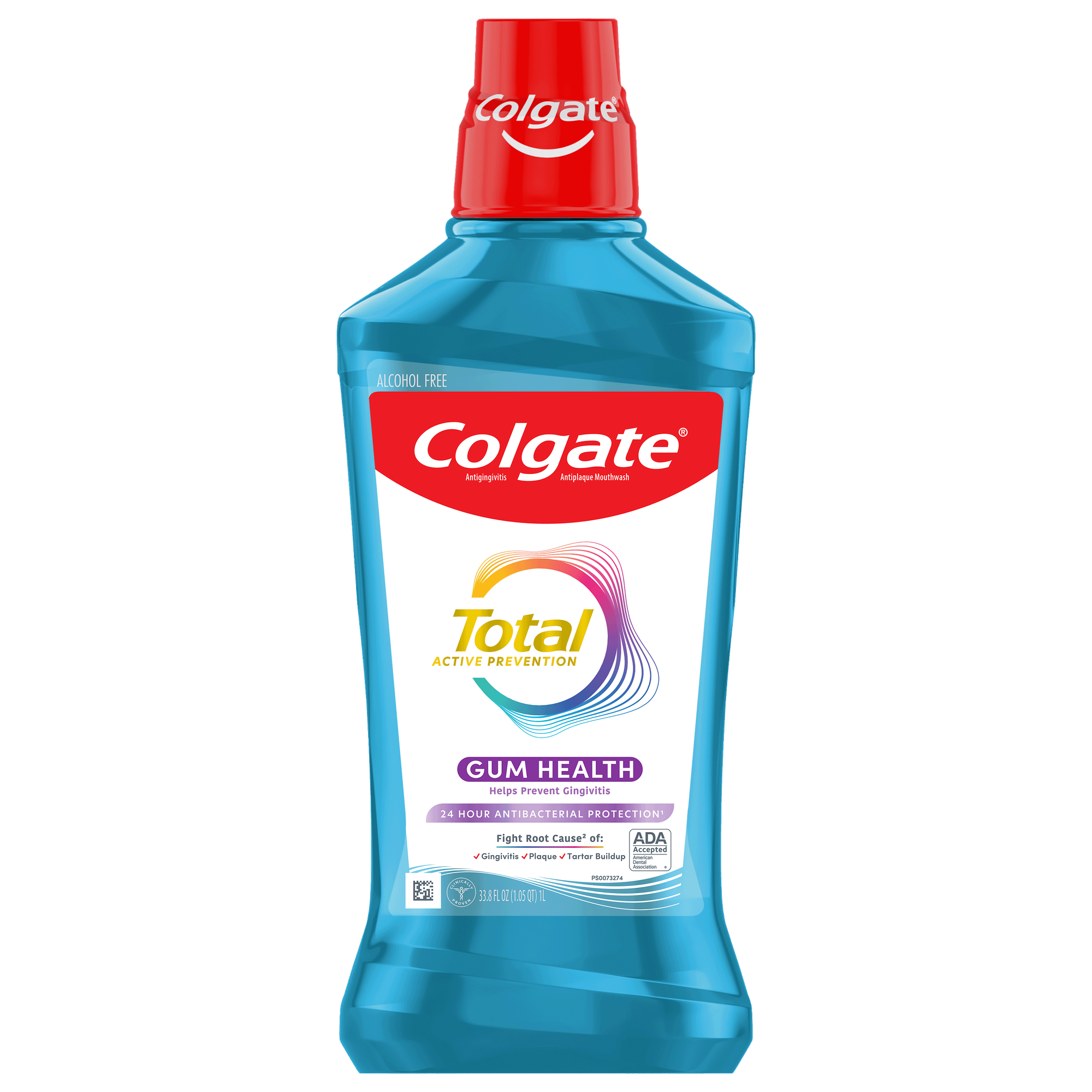When Is Thumb Sucking "Okay"?
Sucking on thumbs, fingers, or pacifiers can calm babies and young children because it helps them feel secure and safe. Johns Hopkins Medicine points out that nearly nine out of 10 babies start to suck on their thumb or another part of their hands just hours after birth. They note that thumb-sucking shouldn't cause any problems if children stop by 5, and children usually stop on their own between the ages of 2 and 4. For some people, however, the behavior continues through adulthood.
Why Do Older Children And Adults Suck Their Thumbs?
Older children and adults seem to suck their thumbs to find comfort and security just like infants do. A journal of pediatrics, Minerva Pediatrica, performed a neurological study of people from 5 to 25 years old who were still in the habit of sucking their thumbs and found that thumb sucking stimulates certain receptors that release physical and psychological tension. But that release of tension can come at a cost to your oral health.
What Are the Effects of Thumbsucking in Adults?
Thumb sucking after the age of five, and especially into your adult years, may interfere with the alignment of your teeth, affect the roof of the mouth, and even alter your jawline. If you're an adult who has sucked on your thumb for a prolonged period of time, make an appointment with your dental professional, and they will be able to diagnose any conditions you may have from the habit and will be able to recommend the appropriate treatment.
How To Stop Sucking Your Thumb
Sucking your thumb is an unhealthy habit, just like eating too much junk food, watching too much TV, or even being addicted to a substance. The Mayo Clinic has some great advice on changing unhealthy habits that can be useful here:
- Prepare
The Mayo Clinic recommends setting a goal, and the goal here is pretty clear. You want to stop sucking your thumb. - Plan
It's best to figure out a plan that will work best for you. It doesn't help to feel like you "failed." Unlearning a behavior is a process. Some of you may be able to quit thumbsucking immediately, cold turkey. Others may have more success weaning off of the habit. If you try the latter approach, maybe keep track of when you do it and how long. Tracking your triggers can help you gradually do it less. Whichever approach you take, set a goal and do your best to stick to it. - Experiment
Does painting your thumbnail remind you not to suck your thumb? Maybe wearing a glove when you're most prone to the behavior will help. - Assess
At the end of each week, think about how you did and consider ways you can improve. If you didn't do as well as you had hoped, don't beat yourself up over it. Stay positive and know that this is a process. Next week, you can do better.
You may want to consider working with a therapist to help you pinpoint what drives your habit. Together, you can develop a plan that fits your individual needs and concerns. Thirty days is a common benchmark for creating healthy habits. Do your best to get to thirty days without thumbsucking, and you may be surprised how easy it gets from there (and if you slip up, don't worry – you did it once, you can do it again). You can do this!
Oral Care Center articles are reviewed by an oral health medical professional. This information is for educational purposes only. This content is not intended to be a substitute for professional medical advice, diagnosis or treatment. Always seek the advice of your dentist, physician or other qualified healthcare provider.
ORAL HEALTH QUIZ
What's behind your smile?
Take our Oral Health assessment to get the most from your oral care routine
ORAL HEALTH QUIZ
What's behind your smile?
Take our Oral Health assessment to get the most from your oral care routine















